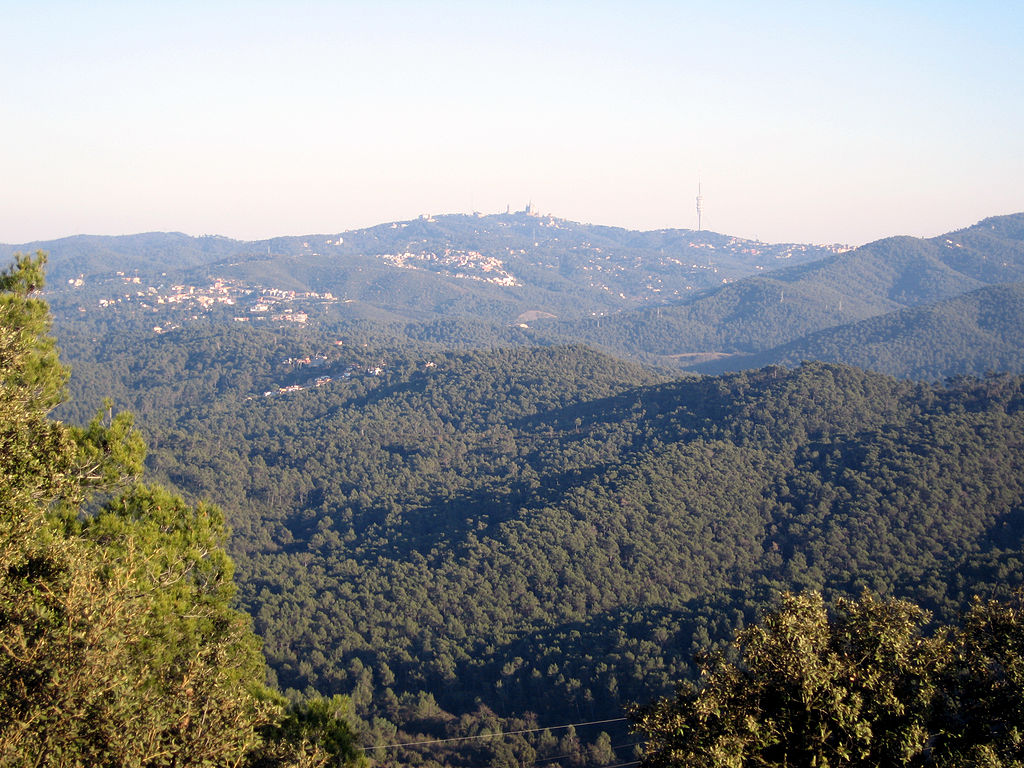
Five Gates Cambridge Scholars will address different aspects of sustainability at an internal symposium on 1st December.
Five Gates Cambridge Scholars will take part in an internal symposium this week, discussing research on sustainability issues ranging from legal avenues to tackle the climate crisis to educational resilience.
Each scholar will outline their research at the symposium on 1st December. They are:
Jillian Sprenger [2021], who is doing an MPhil in Environmental Policy, will address Legal avenues to sustainability: The law and the climate crisis. The first part of her talk will focus on climate change litigation and will include reference to several recent cases brought against governments and the lessons learned from these. The second part will address the role that corporate law has to play in achieving corporate and institutional reform as well as in securing investment in green technologies while the third part will involve a discussion of the human rights aspects of climate law, including issues pertaining to climate migration and climate refugees.
She says: “The purpose of this talk is to provide a broad overview of the ways in which the law can be used to help ensure a more sustainable future.”
Cole Replogle’s talk is titled The pathways to carbon neutral air travel. It will focus on a survey of the local and global environmental impacts of aviation and a brief exploration of possible technologies to mitigate these impacts. That includes the mechanisms by which aircraft produce particulate emissions, noise and greenhouse gases and a discussion of the benefits and challenges of “evolutionary” and “revolutionary” propulsion technologies.
Cole [2020], who is doing a PhD in Future Propulsion and Power, says: “The aim of the presentation is not to be a comprehensive technical overview, but to make the challenges associated with carbon neutral flight a bit more accessible for all.”
Nikita Jha’s talk, Resilient at the seams: Exploring educational efficacy through alternative school experiences of students from disadvantaged backgrounds, centres on educational resilience in India in the wake of Covid-19, which she says has revealed “the fundamental unsustainability of the current educational model”. Her research explores the cases of non-formal (alternative) schools that are retaining, supporting and empowering students – particularly those from low-income backgrounds – and their families through the pandemic. Her research aims to identify the factors linked to success and highlight student voice.
Nikita [2021], who is doing a PhD in Education, says: “My study addresses the increasingly urgent need to understand educational resilience and sustainability so as to work towards a new paradigm that is as sensitive to students’ particular circumstances as it is resilient to external shocks in fulfilling promises of universality, quality and equity.”
Michael Salka’s paper is titled Prototyping the city of the future in Barcelona’s Collserola Forest. It will present his recent work as head of projects at the Institute for Advanced Architecture of Catalonia’s (IAAC) Valldaura Labs, a holistic facility dedicated to the investigation of contemporary self-sufficiency located just 10km from the centre of Barcelona, yet surrounded by sustainably managed forests and permaculture gardens. Valldaura, which co-authored the Green Book of BioCities, hosts the Master in Advanced Ecological Buildings and BioCities (MAEBB), which culminates annually in the rapid design and construction of an autonomous, high-tech, carbon-negative prototype building made with renewable materials processed on site using both digital and analog tools.
Michael [2021], who is doing a PhD in Architecture, will also talk about IAAC’s collaboration in international projects such as FURNISH – a European Institute of Innovation and Technology (EIT) initiative to make urban outdoor public spaces safer and more attractive during Covid-19 and ACCESS3D – a charitable foundation’s scheme to 3D scan historic, inaccessible building spaces then 3D print zero-waste, recyclable wheelchair ramps. His PhD will further these efforts by applying Geographic Information Systems (GIS) to promote locally embedded, nature-based value chains.
Finally, Valentine Reiss-Woolever’s talk, Can we achieve ‘conscientious consumption’?, will focus on efforts to reduce consumerism and scientific research which aims to identify sustainable production strategies, hardlines on net-negative products and a holistic understanding of our place as western consumers in a wider world.
Valentine [2019], who is doing a PhD in Zoology, says: “Food production is responsible for over 25% of greenhouse gas emissions, and half the world’s habitable land is used for agriculture. It’s undeniable; we should all consume fewer processed products and widespread monocultures such as oil palm should not cover over 13 million hectares of Indonesia and Malaysia. Optimally, a truly conscientious consumer would stop consuming all together. However, boycotts of particular products and greenwashing by large corporations have unintended but widespread effects on production chains and producers. As John Buchanan, the head of Sustainable Food and Agriculture at Conservation International, remarked, it is unrealistic to believe “that market-based solutions alone could solve this if the government isn’t on board or doesn’t know what it’s doing”. So how do we as individuals, vote for the world that we want through our dollars spent?”
*Picture credit: Wiki commons and Till F. Teenck.












